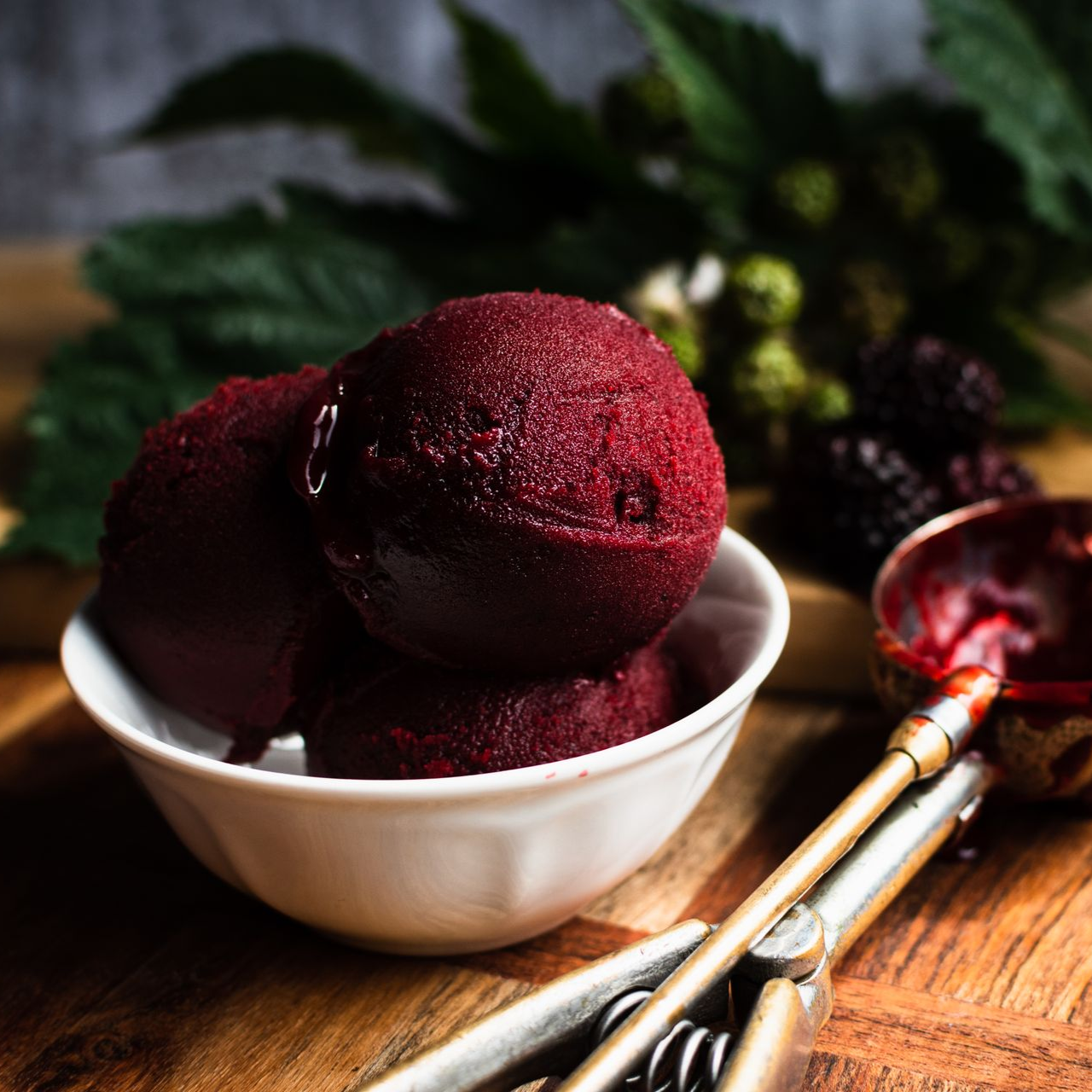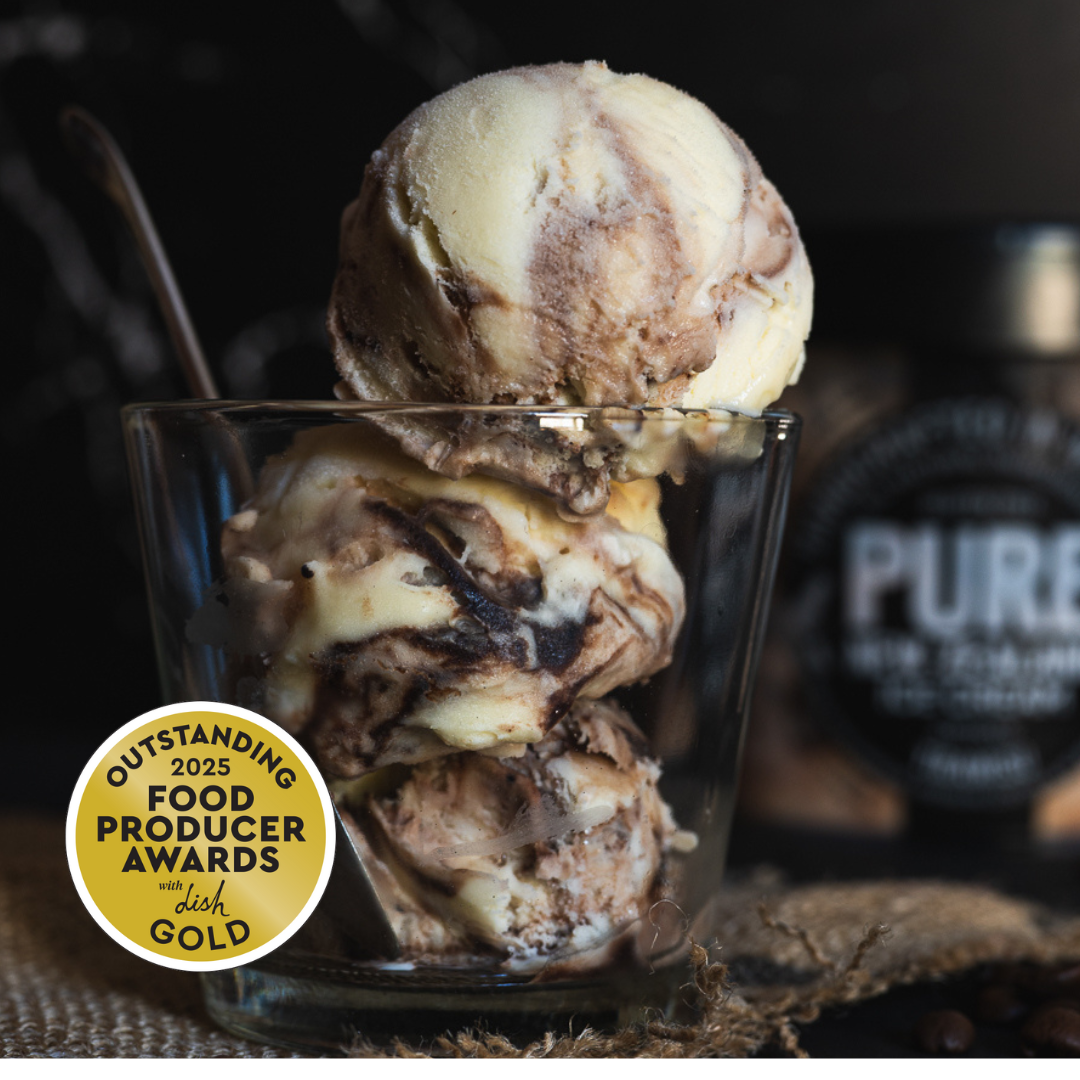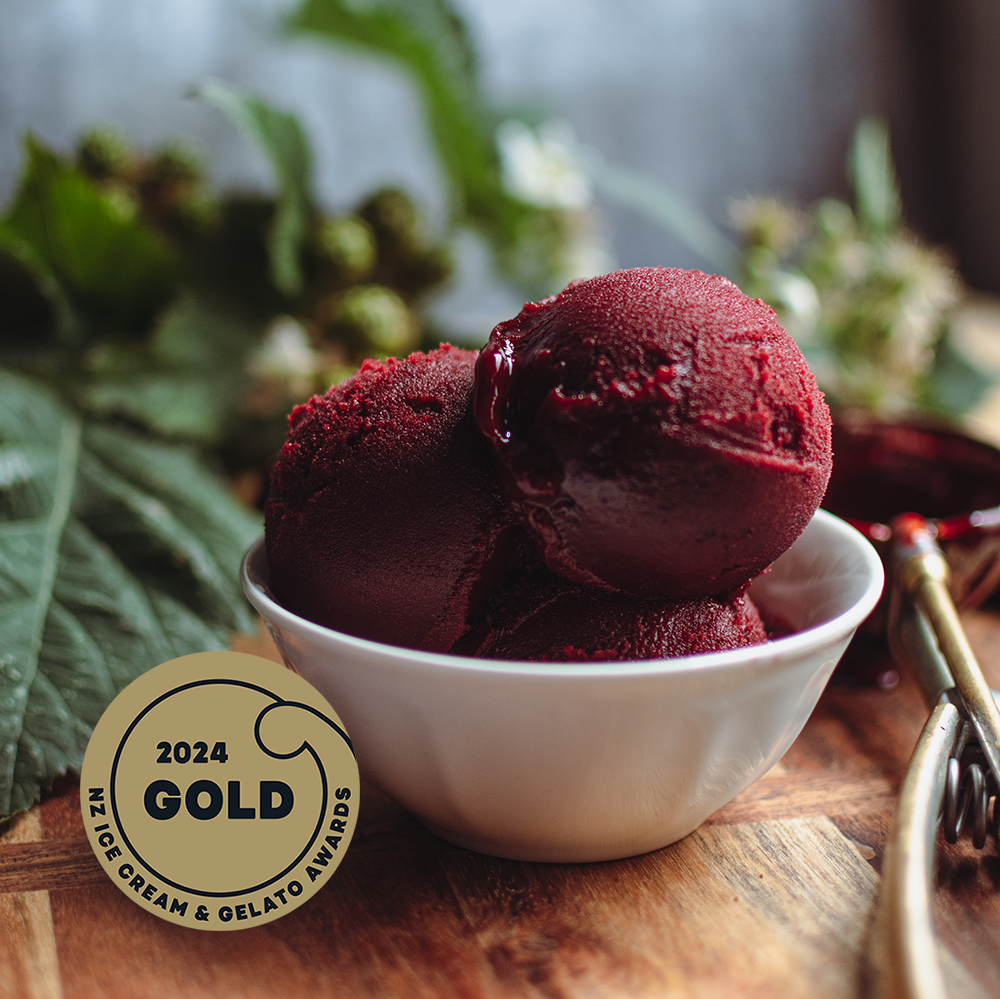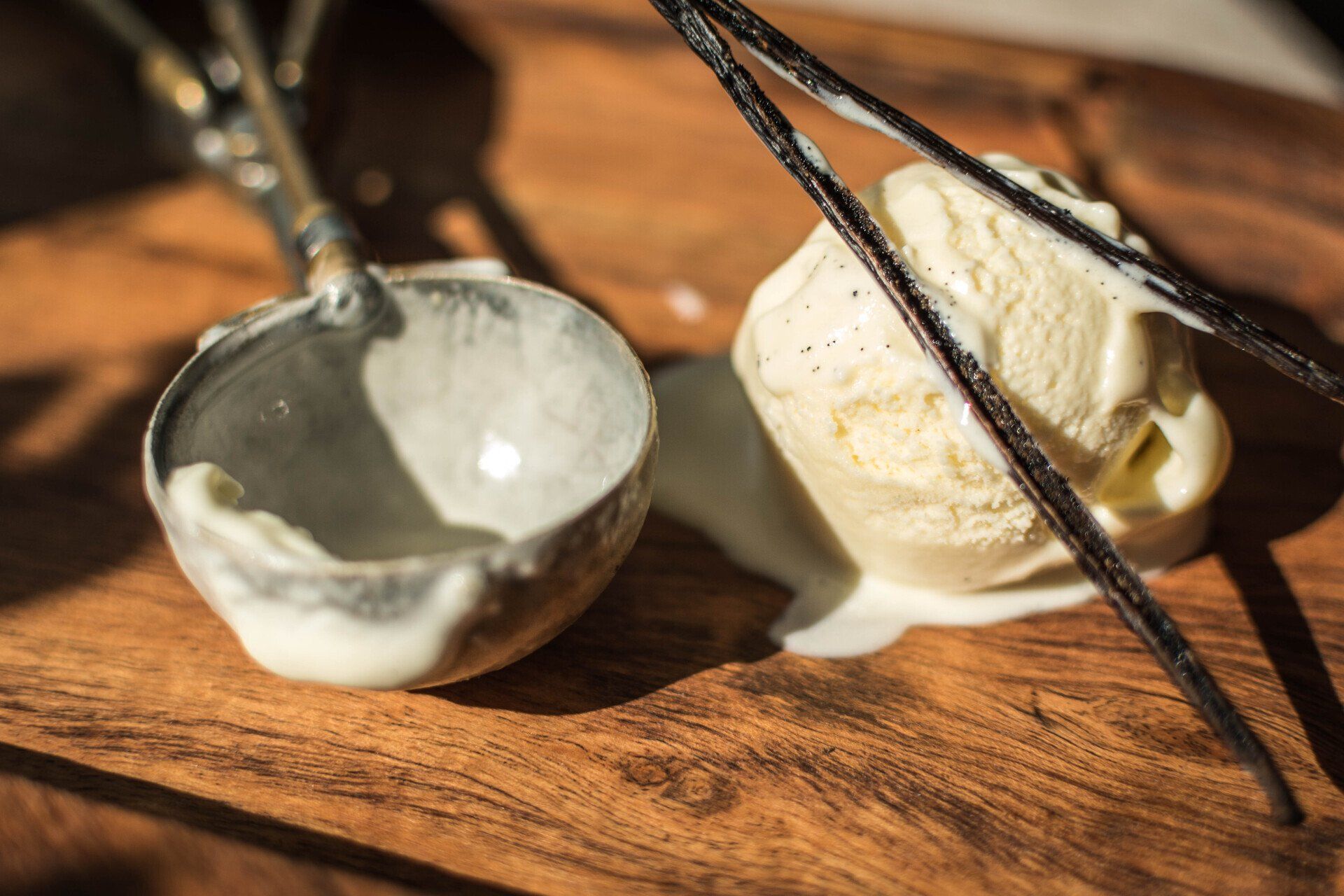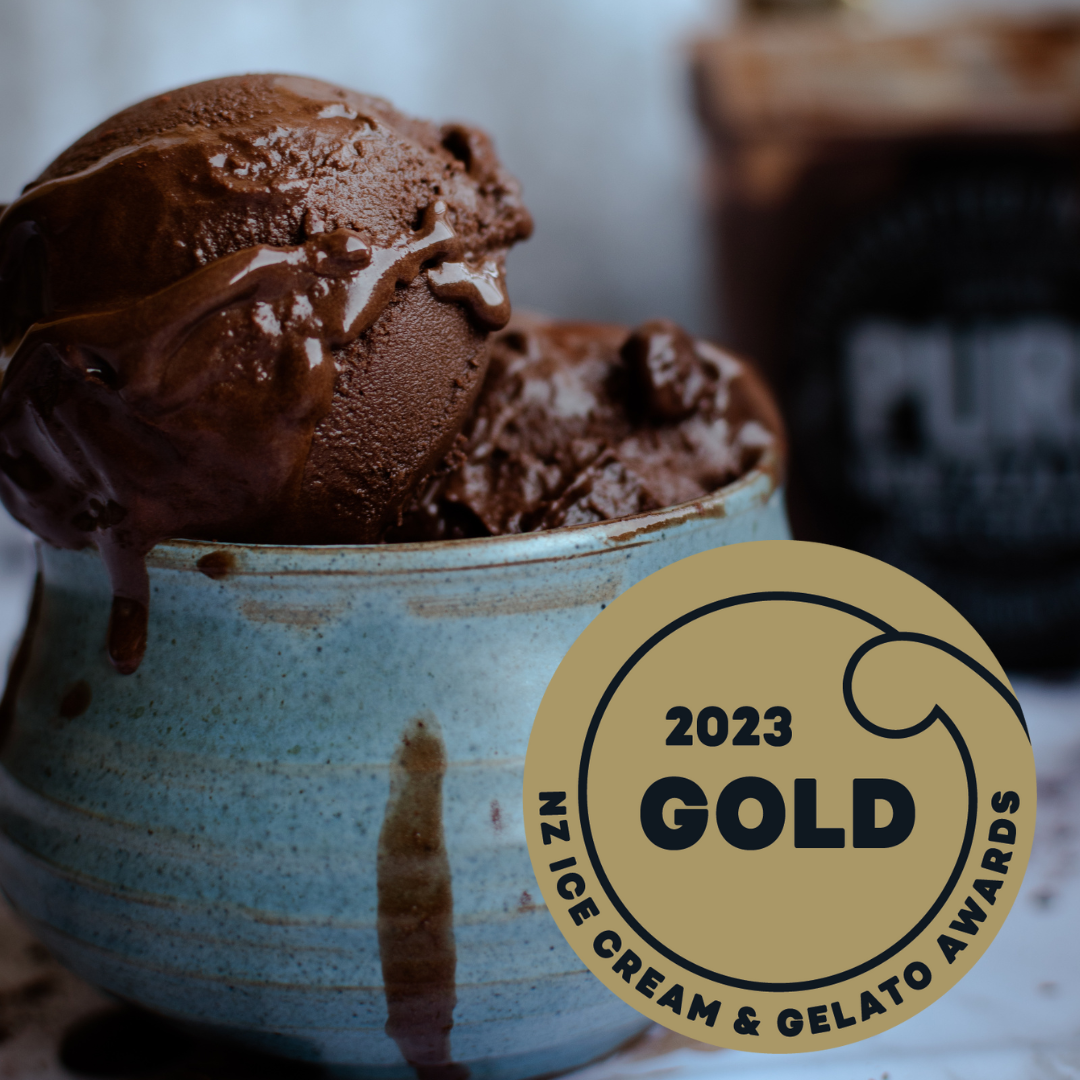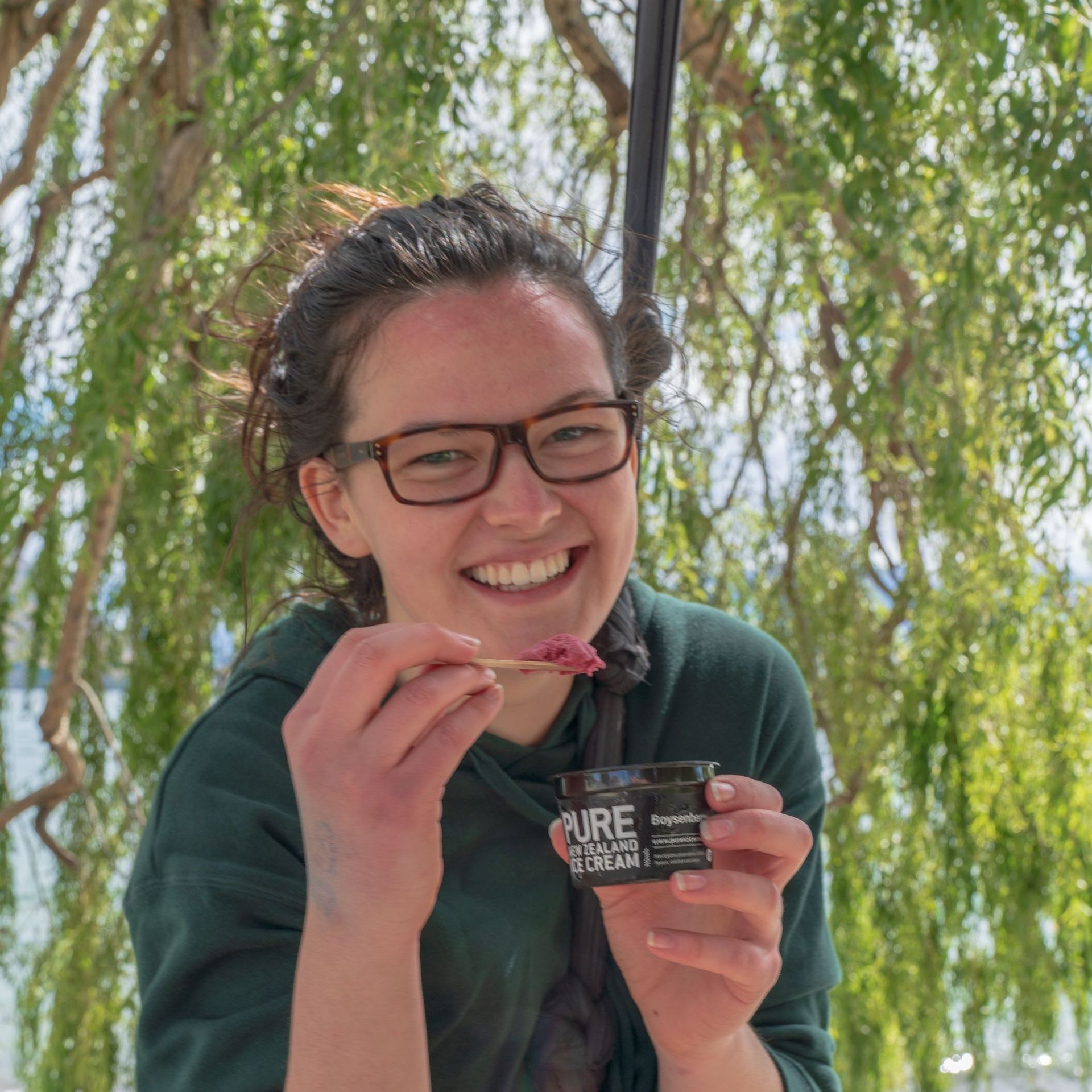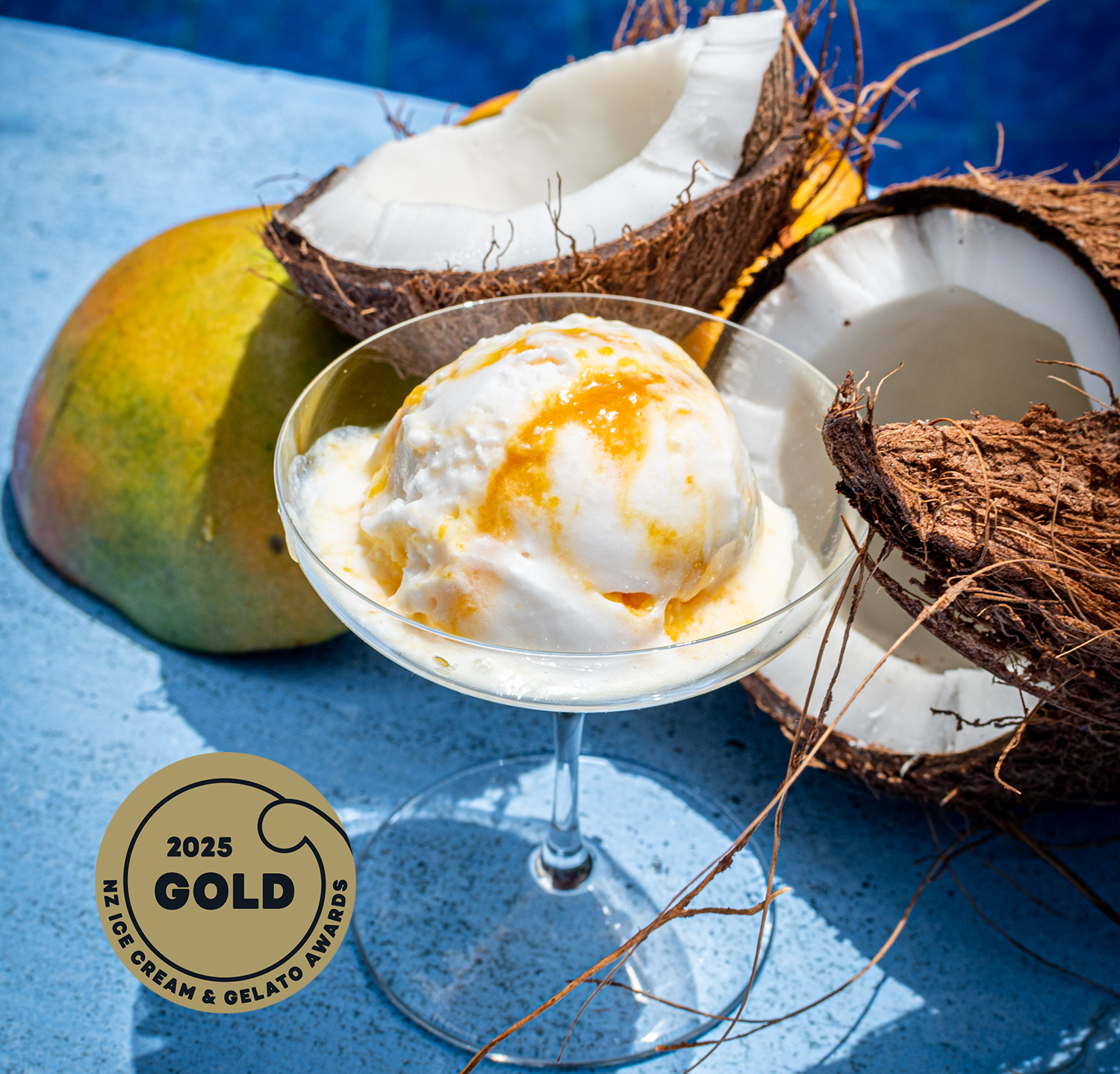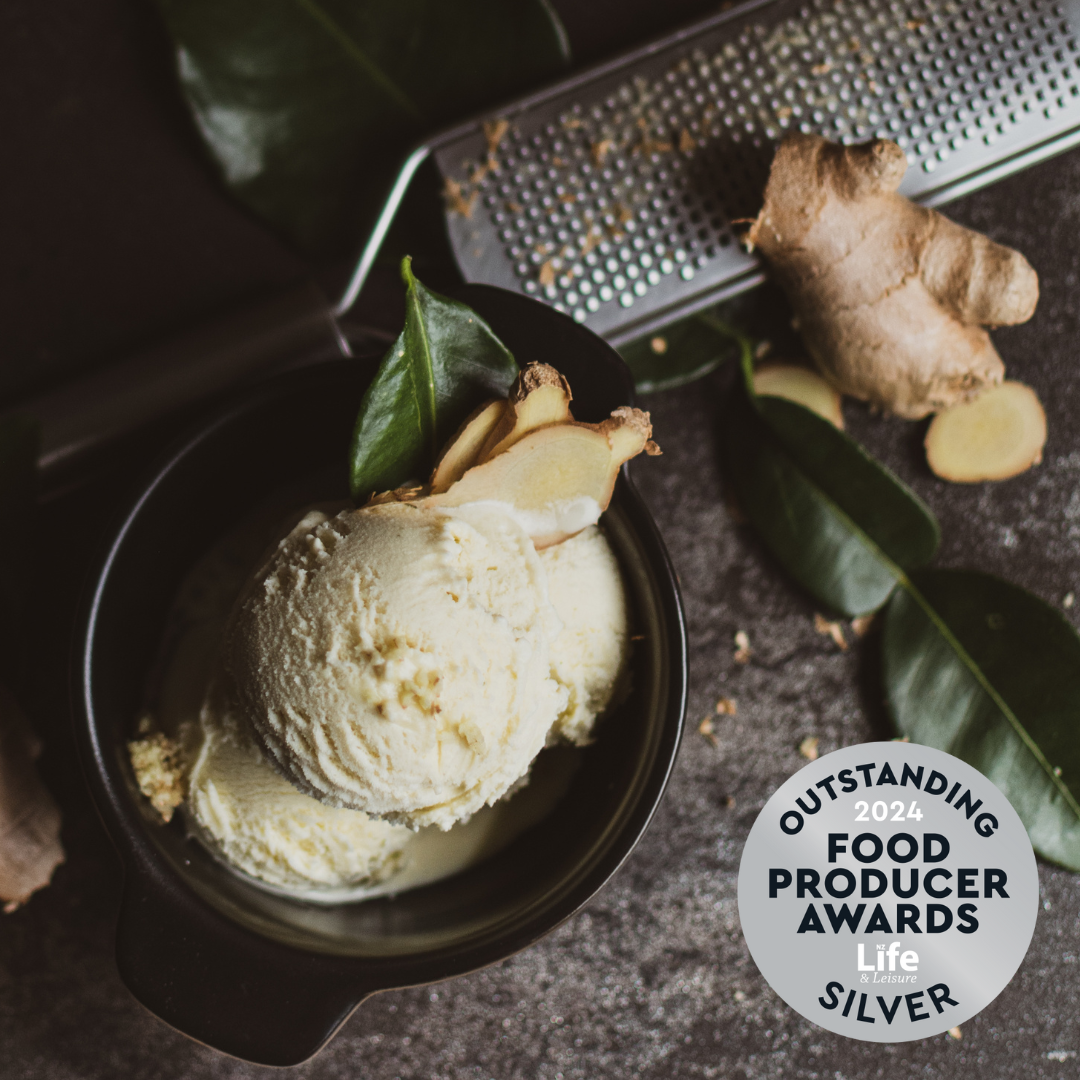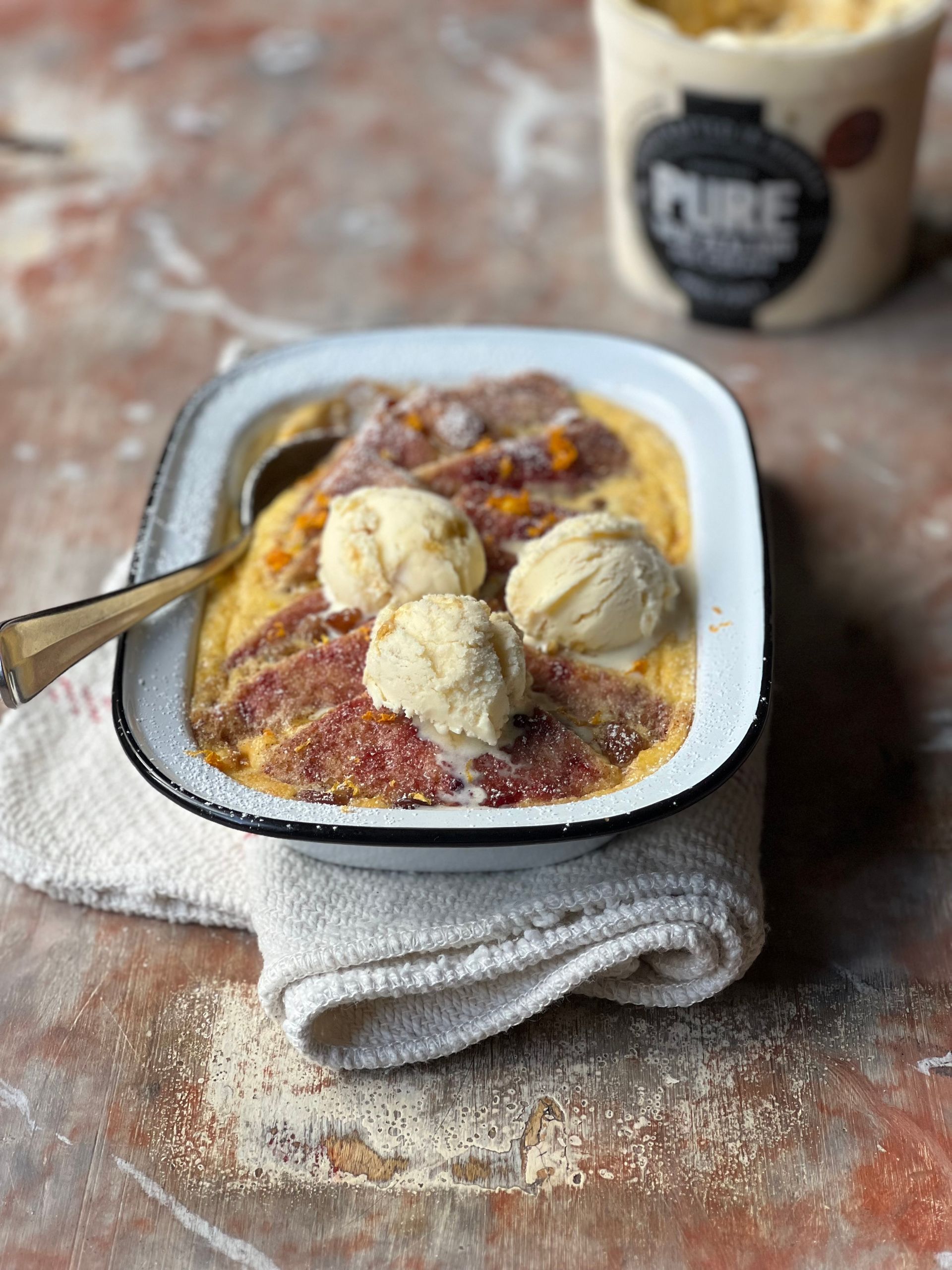Food Packaging - Both Sides of the Debate...
"Good food packaging reduces waste. Responsible reuse and recycling reduces litter and landfill..."
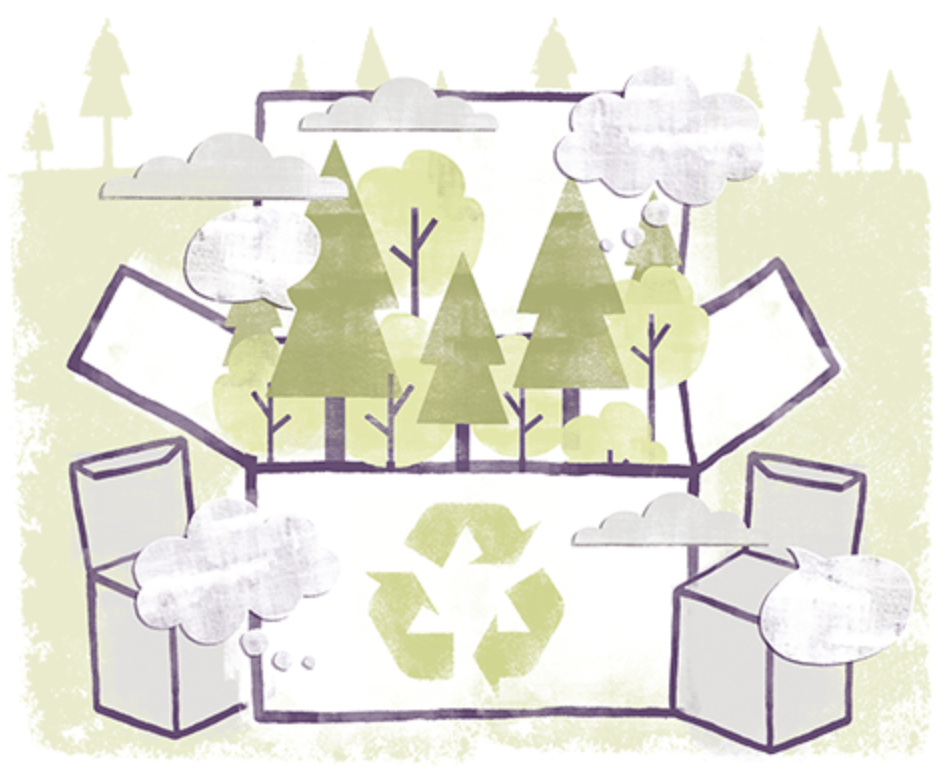
Why package food in the first place?
For good reason, there's a lot of discussion around sustainable food packaging. Like most food products, PURE New Zealand Ice Cream relies on packaging so we are keen to be responsible and to be a part of the solution to bad environmental practices in the industry.
The overarching purpose of any type of food packaging - whether paper, plastic, metal or glass - is to protect the food and to keep it safe in storage, transit and distribution. By doing this, waste and spoil is dramatically reduced and the product arrives safe for the consumer to eat.
Another important purpose of packaging is to provide a platform for branding and information, such as ingredients, dietary information, storage instructions and best by date, etc.
Plastic food packaging - Good or Bad?
Put bluntly, plastic food packaging can be both good and bad!
On the plus side, there are clear benefits, such as the ability of certain plastics to endure extreme conditions and resist degradation in hot and cold temperatures. This is good because it preserves the safety and integrity of the food inside it. It also serves to protect your food from unwanted moisture, oxygen, dirt, UV and odours. Well designed plastic packaging can be reused, so it can take on another life after it has stopped storing your food and therefore stays out of recycling and landfill.
An example of good reusable packaging are the technical 1lt, 500ml and 110ml tubs developed by PURE New Zealand Ice Cream. We utilise plastic tubs and rim lock lids made from No. 5 Polypropylene - one of the most versatile plastics in use and 100% recyclable right here in NZ! The clear tubs serve to showcase our PURE ingredients and the dramatic, natural colours of our ice creams, whilst keeping them safe and good to consume. Our tubs are microwave safe, impact resistant and rated for ultra-low temperatures. So not only can the tub beautifully preserve your ice cream until you're ready to eat it, you can use the container to heat food or to freeze soups, stocks and stews, etc. The container is also sturdy enough store those screws, nuts, bolts and nails in the garage. Or maybe use it as a lunch box for the kids, instead of the trendy plasticware that is often flimsy and expensive to replace?
We have invested in easy-peel, recyclable labels for our 5lt food service tubs. This means that our consumers and food service partners can easily and cleanly remove the labels and reuse these valuable containers until they are finally recycled in NZ.
On the bad side, some plastic food packaging is what most of us have come to know as single use
, i.e. it is intended to be used only once before being thrown away as it cannot be easily recycled. These include, among other items: grocery bags, chip packets, food and drink pouches, straws and foil lids. Only around 10% of plastics ever produced have been recycled, so it's much better if plastics have multiple uses. And recycled materials such as plastics are a commodity so when demand for them is low even recyclable plastic can find its way into landfill. So reuse and up-cycling is definitely a great way to go.

Paper food packaging - Panacea or Problem?
The demand for and benefits of paper-based packaging are now well understood. The material has an excellent environmental record and has a justifiable buzz around it as we struggle with global environmental issues. On average, corrugated outer boxes manufactured in leading OECD nations can contain around 70% of recycled fibre and once used are easy to recycle. In countries like the UK, the collection of packaging is highly successful, with over 80% recovered for recycling. This astonishingly high rate prevents an area of paperboard the size of Greater London from going to landfill.. every 4 months!
When it comes to using paper in directly packaging food (i.e. next to the food itself), there are still clear benefits and many consumers express a clear preference to have their food products sold to them in paper packaging. But there are downside factors which are often overlooked or misunderstood...
Many manufacturers promote use of paper food packaging next to their products as a responsible environmental step and are justified in doing so, as many utilise relatively unadulterated recyclable paper and paperboard in the packaging. However, certain foods like ice cream, require a moisture barrier to keep them safe and good to eat, so the paper is lined with polyethylene or polyethylene terephthalate (PET).
It might come as a surprise to learn that PET lined paper packaging generally isn't recyclable. After all, it's mostly made of recyclable paper, right? And PET itself is recyclable too, right? While on the whole these statements are true, it’s the method of assembly that renders it un-recyclable, as the layers become integrated at the point of contact, meaning they can't be separated and recycled. So, despite the fact that you carefully placed that PET lined paper food packaging into your recycling bin - it's into the landfill stream it goes when it arrives at the sorting depot!
Some packaging manufacturers have taken the responsible step of setting up the collection of used PET lined paper packaging and establishing their own, specialist recycling facilities. PURE New Zealand Ice Cream is working with one such company and has developed a range of 110 ml packaging in regions where our used paper tubs can and will be recycled.
PURE New Zealand Ice Cream is a responsible and ethical food producer and was a finalist in the 2020 Westpac Otago Business Awards for Business Sustainability, and is also a member of the NZ Ice Cream Manufacturer's Association.
For more details contact us or call us on +64 3 443 7792.
This article is included in Twinkl's
Eco-Friendly and Sustainability campaign and is part of their article Some great ideas to be more sustainable in 2021.
